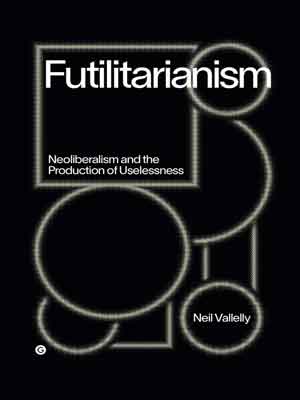Futilitarianism: Neoliberalism and the Production of Uselessness
Neil Vallelly
For centuries, economists and philosophers have theorized the value of utility, and how it shapes the division of labor, influences consumer choice, and contributes to conceptions of the good life or common good. Utilitarian philosophers told us that maximizing utility was the magical ingredient to happiness. Economists, from classical to neoclassical to neoliberal, have invented terms such as “ordinal utility,” “cardinal utility,” “utility function,” “total utility,” “expected utility,” and “marginal utility” to describe the behavior of individuals and consumers, who themselves are conceived as rational “utility-maximisers.” Karl Marx reminded us that “nothing can be a value without first being an object of utility.” While these thinkers may differ on how utility should be maximized, and who reaps the rewards of this process, few have disagreed that the maximization of utility is in and of itself a good thing. After all, where would human society be without utility?
جهت استعلام قيمت و سفارش چاپ اين محصول لطفا با انتشارات گنج حضور تماس حاصل فرماييد.



